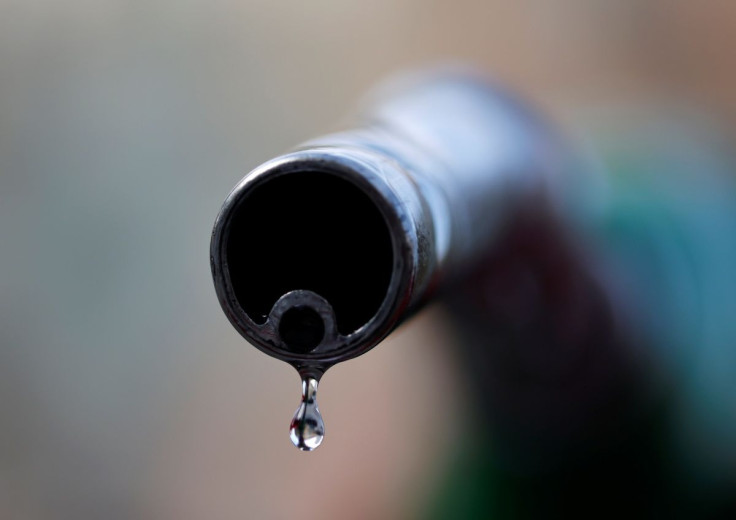U.S. Diesel Stocks Set To Fall Critically Low: Kemp

U.S. distillate fuel oil stocks are on course to fall critically low between now and the middle of the year, creating conditions for a potential spike in both crude and fuel prices, unless demand from freight firms falls.
Distillate inventories slipped by another 2 million barrels last week to 120 million barrels, according to data from the U.S. Energy Information Administration ("Weekly petroleum status report", EIA, Feb. 16).
Stocks are currently 28 million barrels (18%) below the pre-pandemic five-year seasonal average for 2015-2019 and at the lowest level for the time of year since 2014.
Three-quarters of distillate fuel oil is sold to trucking firms, railroads and shipping companies to move farm products, industrial raw materials and manufactured items.
Low inventories are a symptom of the booming demand for freight amid a rapid recovery from the coronavirus recession led by the manufacturing sector.
DEPLETION
Distillate inventories normally deplete during the first half of the year, reaching a short-term minimum before the end of June, as refineries undertake maintenance and focus on making gasoline for the summer driving season.
If inventories continue to deplete in line with the average for the ten years before the pandemic, they will fall to 105 million barrels sometime before the end of June, with a range of as much as a comfortable 118 million barrels or as low as 94 million barrels, which would be exceptionally tight.
Even the average projection for inventories in 2022 could see them dip to the lowest level for any year since 2007 (https://tmsnrt.rs/3oV0eec).
And many trajectories would leave inventories far below levels experienced in the last 15 years.
The prospect of a diesel shortage is pushing prices for distillates as well as gasoline and crude higher and could see them spike over the next few months.
RAMPING UP
Low distillate stocks at mid-year would leave refiners racing to rebuild them before the next winter heating season.
To avoid this scenario, refiners will have to process much more crude and/or reconfigure their equipment to boost the production of mid-distillates such as diesel and jet fuel at the expense of light distillates such as gasoline.
But gasoline inventories are already 6 million barrels (-2.5%) below the pre-pandemic seasonal average, limiting the scope to squeeze them to rebuild distillate stocks by changing downstream processing.
The shortage of distillate is bleeding into the gasoline market, driving up prices there to ensure refiners have an incentive to continue making gasoline rather than switching over to diesel.
As a result, the only way for refiners to rebuild depleted distillate stocks will be processing more crude over the next six to nine months, boosting output of both light and medium distillates.
The implied increase in refiners' demand is likely to tighten global crude inventories even further and continue exerting upward pressure on oil prices through September.
After adjusting for inflation, on-road diesel prices including taxes are at their highest for the time of year since 2014, averaging more than $4 per gallon (equivalent to $168 per barrel).
But prices might need to rise much further to restrain consumption and avoid inventories falling to critically low levels.
In the first half of 2008, the shortage of distillate contributed to the rise in Brent to a record $148 per barrel by July (equivalent to $187 today after adjusting for inflation).
In the first half of 2022, the rising cost of both diesel and gasoline is likely to remain a headache for central bankers worried about inflation and elected policymakers worried about falling real wages.
The only way to avoid costs escalating further would be a significant increase in crude production or a reduction in freight demand associated with a slowdown in the manufacturing cycle.
Related columns:
- Global oil inventories are exceptionally tight (Reuters, Feb. 15)
- Diesel is the U.S. economy's inflation canary (Reuters, Feb. 9)
- Diesel shortage attracts hedge fund attention (Reuters, Feb. 7)
- Depleted U.S. distillate stocks show supply chain pressure (Reuters, Feb. 4)
John Kemp is a Reuters market analyst. The views expressed are his own
(Editing by Michael Urquhart)
© Copyright Thomson Reuters 2024. All rights reserved.




















